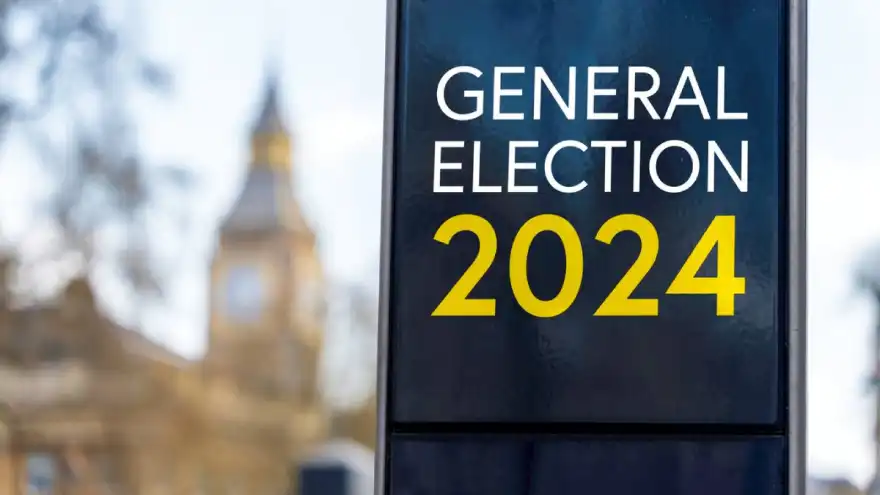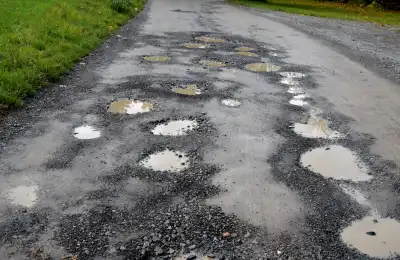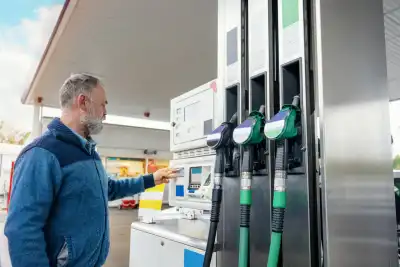
This year’s upcoming general election marks a big turning point for the nation. It’s an opportunity for the UK’s residents to have a say on how the country is run and could mark the start point for a lot of new policies.
But how will motorists be affected if Labour come into power and what else do you need to know about the party’s approach to all things four-wheels? We’ve been taking a look.
Increase in battery production
Electric vehicles are seen as a key driver to lowering emissions but, to stimulate numbers, more batteries need to be produced and for that, you need more gigafactories - or battery factory sites. As one of Labour’s ‘Missions’, it has pledged to increase spending for gigafactories within the UK, reflecting something that has already kickstarted in Europe.
A gigafactory is already being built at a site in Sunderland, though it’s expected that far more will need to be installed in order to deal with rising demand. It’ll help to lower EV costs by reducing transportation costs, too.
Return the 2030 deadline
Back in September 2023, Prime Minister Rishi Sunak announced that it would be rowing back plans to ban the sale of new petrol and diesel cars in 2030, pushing that deadline to 2035 instead. However, in Labour’s Automotive Strategy document, it says that the ‘2030 deadline is the right policy which industry was confident of hitting’.
As a result, we could see the return of the 2030 ban if Labour comes into power - though we’ll have to wait and see if it is included in its full manifesto.
Upgrading the electric vehicle charging network
Again, looking to Labour’s Automotive Strategy, the party has pledged to ‘release and redirect’ any unused funding for EV chargepoints to help improve infrastructure across the country. It is also planning on putting ‘binding’ targets in place to ensure that charger installation numbers are met in time.
A current target says that 300,000 chargepoints need to be installed by 2030.
Better labelling to improve consumer confidence in EVs
Labour also plans to introduce an ‘Electric Vehicle Confident’ labelling system that would help to give buyers of electric vehicles more information about their new car. They’d require manufacturers to display information such as the vehicle’s full carbon footprint and a real-life electric range.
There will also be a standardised battery health certification scheme introduced for electric vehicles to help assure drivers about the current state of the battery in an EV that they’re considering the purchase of.




